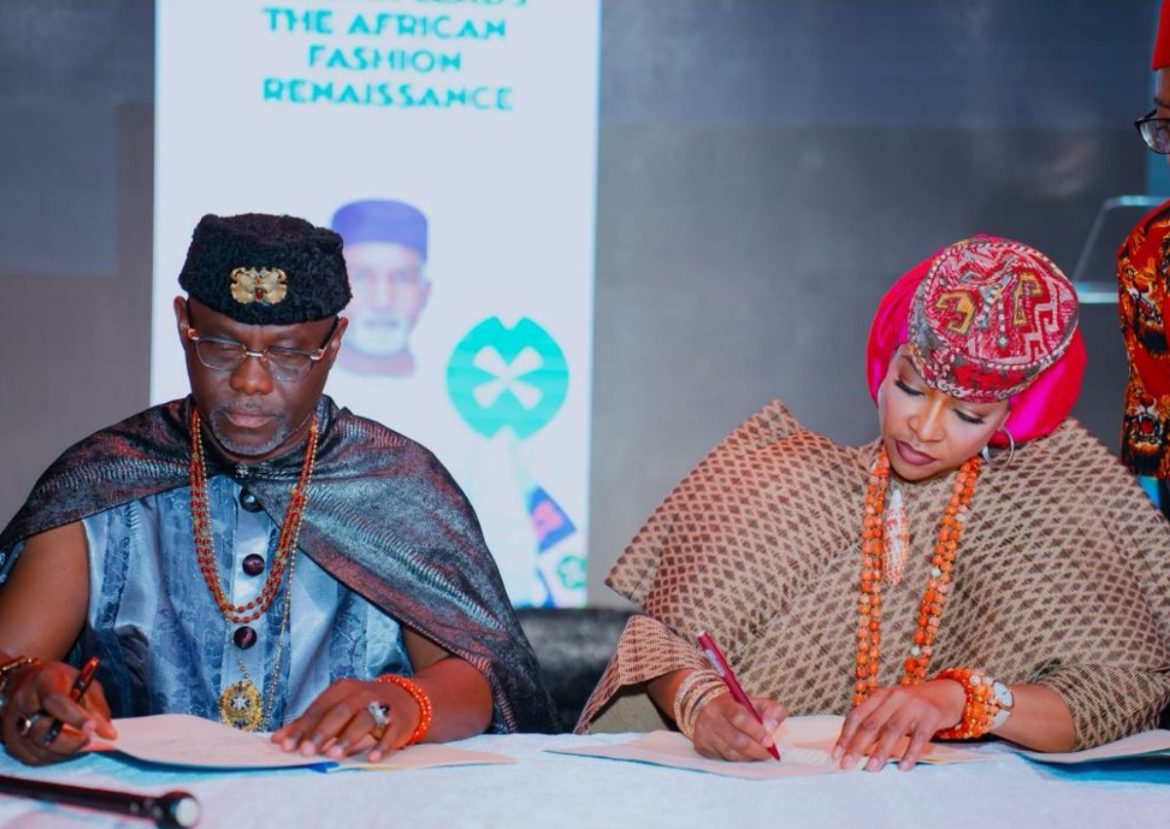The Federal Government has adopted the African Fashion Renaissance known as “Afroliganza” a continental vision pioneered by the Lai Labode Heritage Foundation to provide leadership and revolutionise the African Fashion Industry.
The Minister of Art, Culture, Tourism, and the Creative Economy, Hannatu Musa Musawa, made the announcement at a World Press Conference, on Wednesday in Abuja.
The event also witnessed the unveiling, African Fashion Parade and signing of Memorandum of Understanding (MoU) between the Ministry and the Foundation for the African Fashion Renaissance initiative on Wednesday in Abuja.
According to Musawa, the aim of the initiative is to unite African nations through fashion, culture, and creative enterprise.
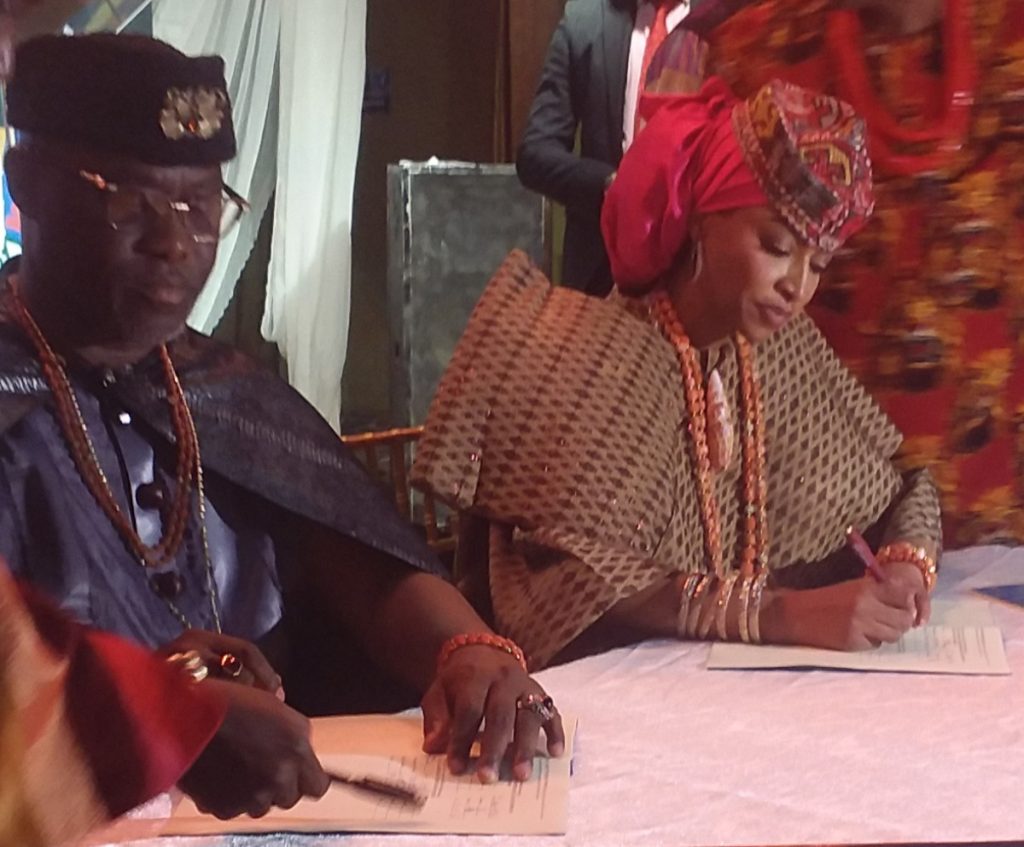
She added that Fashion and Culture have become tools of diplomacy for economic growth and unity.
“Nigeria’s adoption of the Afroliganza Vision demonstrates its bold national commitment to positioning culture, fashion, heritage, and the creative economy at the center of its engagement with Africa and the global community.
“The Confederation of African Fashion (CAFA), pioneered by the Lai Labode Heritage Foundation, aims to grow Africa’s fashion economy from $30 billion to $500 billion, creating jobs and generating foreign earnings.
“Afroliganza seeks to build a structured, values-driven fashion economy rooted in African heritage, led by African institutions, and positioned for global impact.
“Nigeria’s adoption of this vision signals a national commitment to place culture, fashion, heritage, and the creative economy at the heart of our engagement with Africa and the world,” Musawa said.
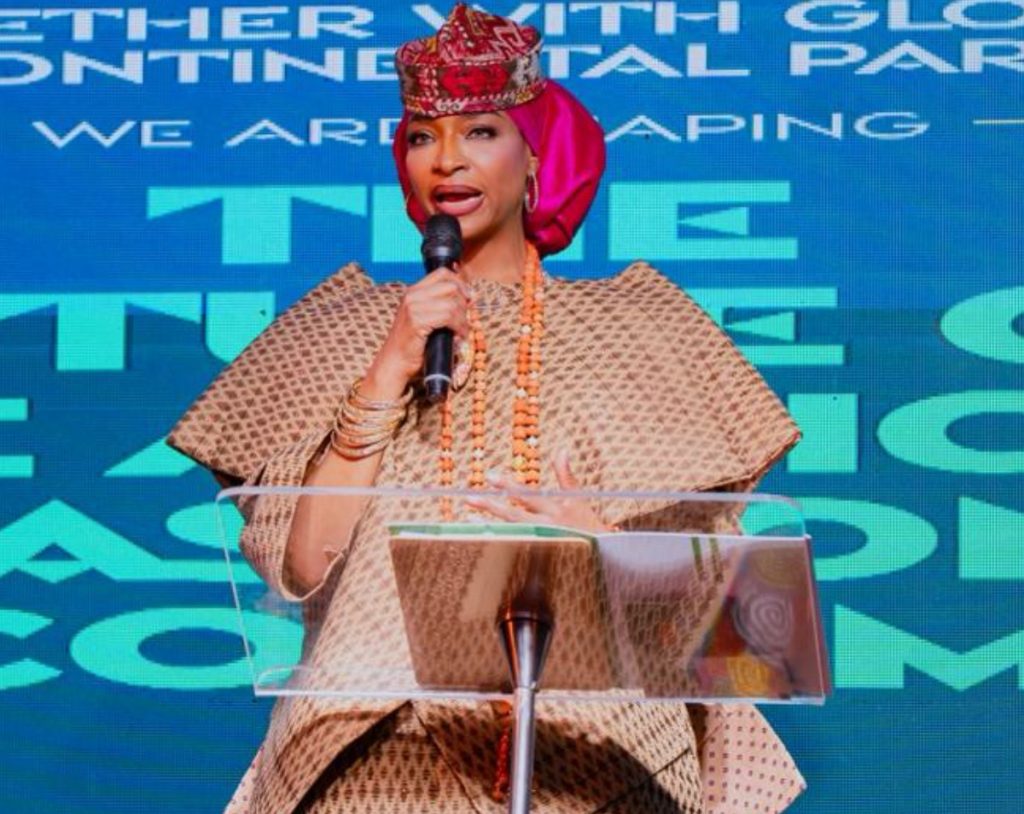
The Minister further explained that recent studies show that Africa exports textiles, cotton, apparel, and footwear valued at roughly $15.5 billion annually, while imports total about $23.1 billion.
She noted that, with global demand for African couture and textiles rising by over 40 per cent, the potential for growth is significant.
Musawa, who signed on behalf of the Federal Government, said the MoU signaled Nigeria’s formal adoption of the Afroliganza vision, adding that, the African Global Fashion Games will be the first continental fashion competition and celebration of its kind.
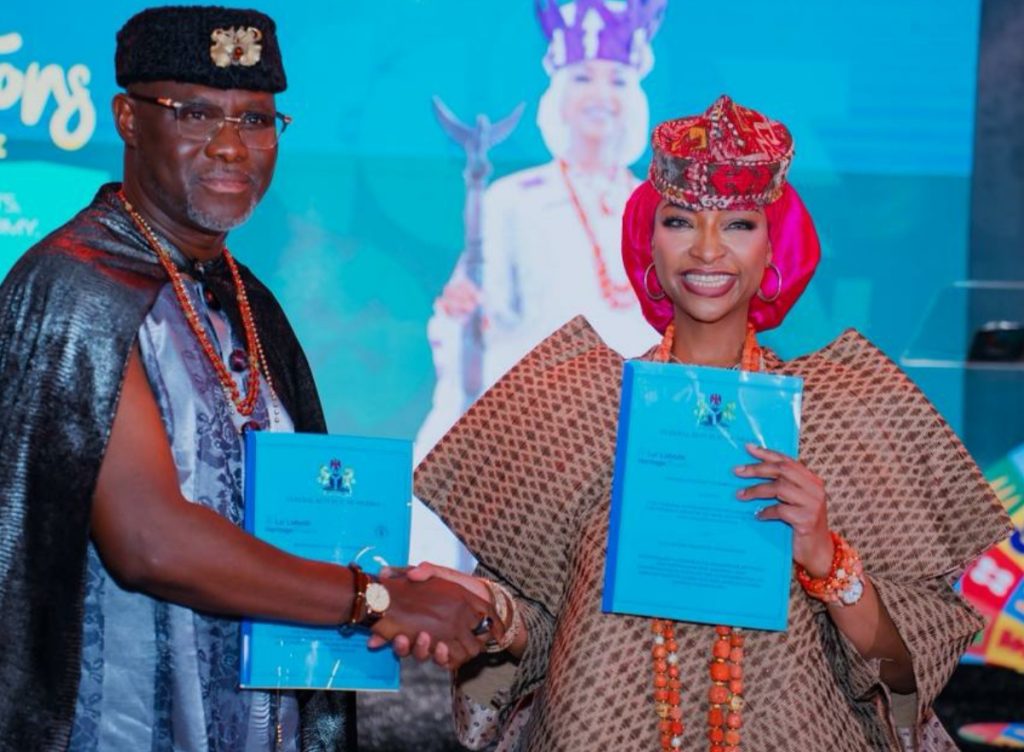
“It is a convergence of innovation, heritage, and economic power as participating nations, designers, and youth innovators will compete not merely for prestige, but for the right to shape Africa’s creative identity and global image.
“Through the frameworks launched today under Afroliganza and Confederation of African Fashion (CAFA), we project this sector to exceed 500 billion dollars in value, with Nigeria positioned at the forefront of this transformation.
“Fashion is a universal language and Africa’s contribution to the world in fabric, colour, silhouette, and symbolism is already undeniable.
“As the first country to sign the CAFA charter, we are transforming commitment into action through institutions, policies, and programmes that translate vision into measurable outcomes.
“Today we move from inspiration to ownership, from fragmented expression to formal diplomacy as fashion will now serve as a strategic instrument for building cultural ties, influencing global narratives, and asserting Africa’s creative sovereignty,” she said.
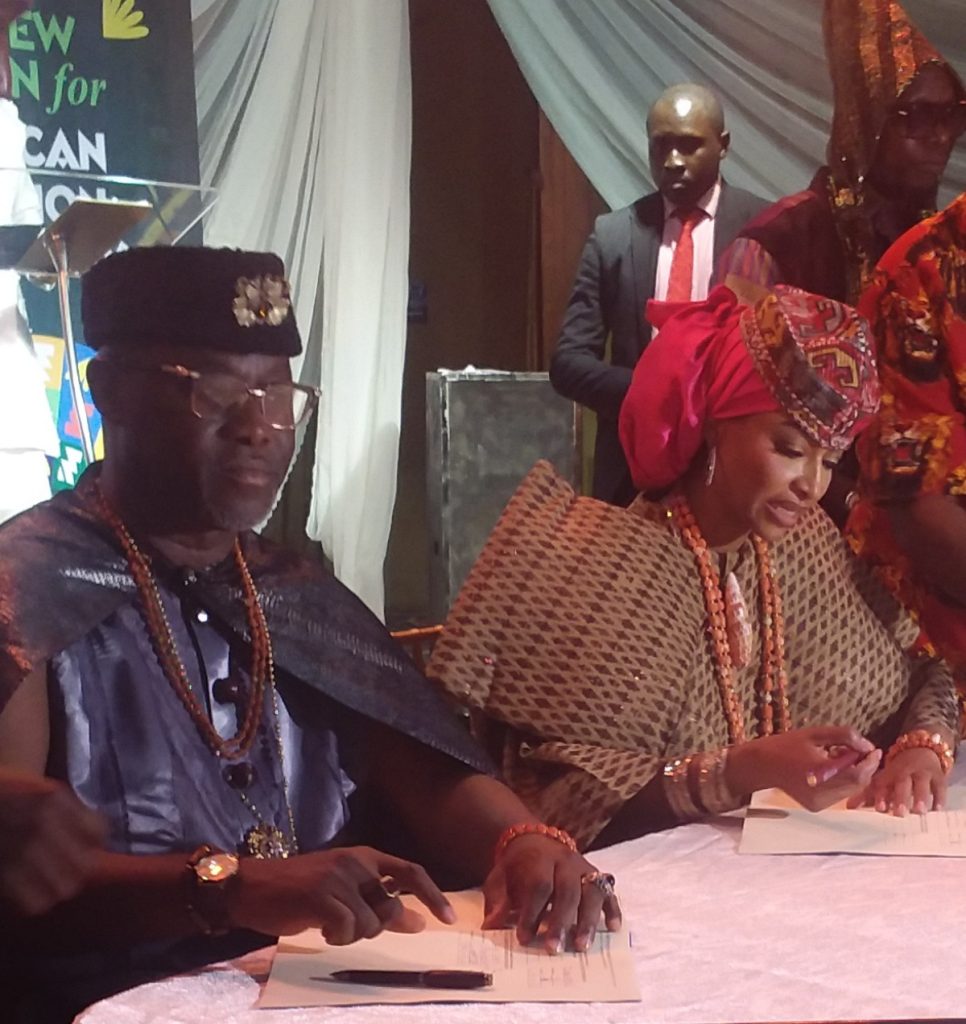
Musawa explained that, the Ministry would establish the Nigerian Fashion Federation, a national coordinating platform that will collaborate with state governments and other stakeholders.
She added that it would also promote Nigerian fashion in alignment with CAFA’s continental framework.
Speaking earlier, Earlier, Dr Balogun Labode, pioneer of the African Fashion Renaissance, said ‘Afroliganza’ seeks to build a values-driven fashion economy rooted in African heritage, led by African institutions and positioned for global impact.
Labode who is also the Chairman of the Lai Labode Heritage Foundation and President of CAFA appreciated the Ministry for its leadership and partnership.
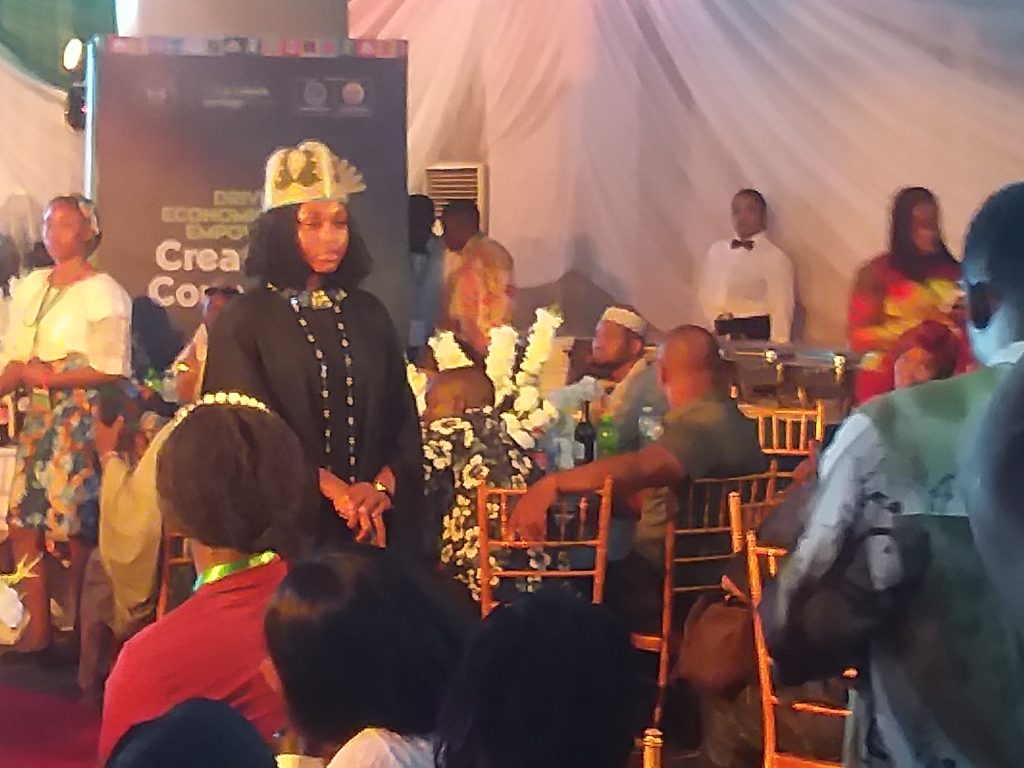
According to him, Nigeria will become the first nation to sign the African Fashion Industry Growth Charter.
He stressed that the adoption marks a significant milestone in the country’s commitment to lead Africa’s fashion renaissance.
“Africa’s current fashion and textile industry is measured in the tens of billions of dollars, with estimates ranging from $30–$65 billion, and much of that value is lost to imports and limited local processing, according to AFDB, 2023.
“With Africa exporting over $10 billion worth of cotton-made products and importing over $20 billion worth of cotton-made materials, the mismatch presents a significant opportunity for growth.
”Which is why, a major goal of Afroliganza movement is to increase the African fashion economy to $500B in the next 10 years,” he said.
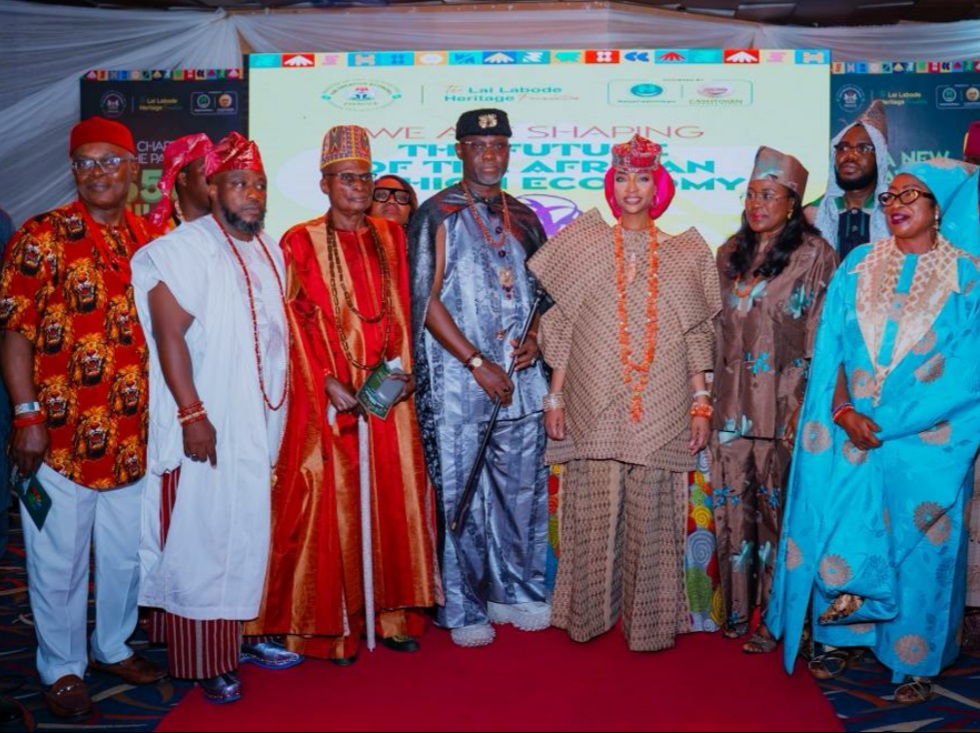
He explained that CAFA would play a crucial role in mobilising policy, investment, and expertise to transform Africa’s fashion industry.
Labode further explained that a calendar that presents the path to various activities up until 2027, when the maiden AGFG is scheduled to be held, would soon be released.
According to him, other African countries, including those represented by the African Union, are expected to support the project, and a secretariat has been established in Lagos to coordinate its activities.
“Meanwhike, the African Global Fashion Games is where you’re going to see a lot of competition as Africa comes together and connects the world.
“The competition will showcase the very best of Africa fashion and also connect us to money in the industry, “he said.
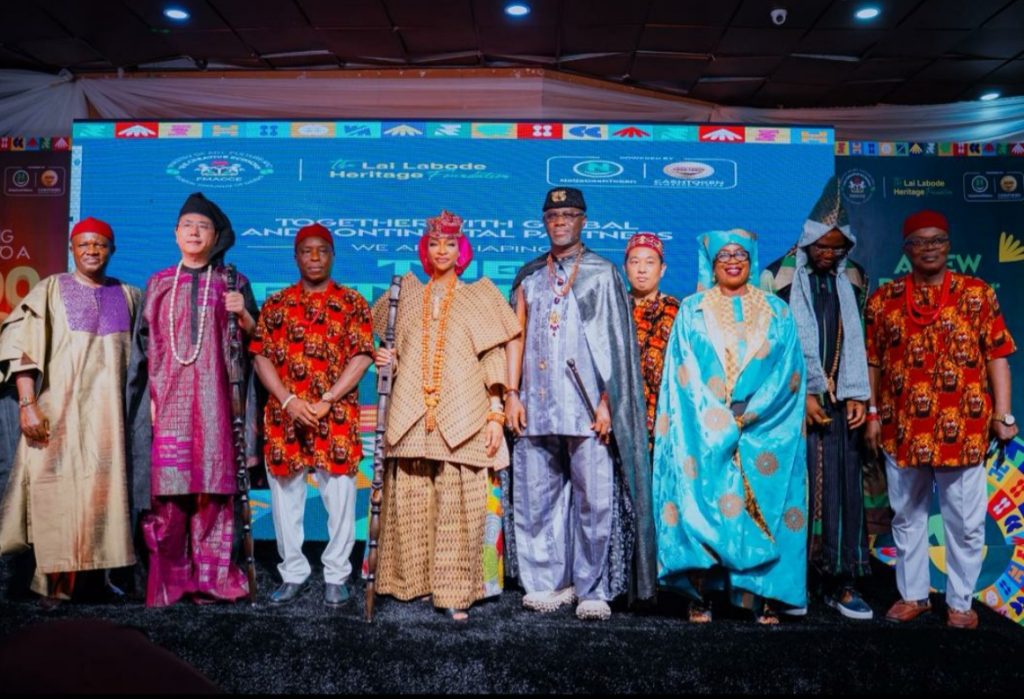
According to Labode, the AGFG will continue as a 9-day biennial event, featuring the opening parade of nations, runways, trade fair, industry summit and awards.
He said the event would be organised by the African Global Fashion Games Federation (AGFGF), a public/private board, technical committees and advisory council.
Afroliganza will hold in March 2026, with 50 countries expected to be in attendance as a proof of concept for Afroliganza, alongside national fashion festivals.
The maiden edition of the African Global Fashion Games is scheduled for Abuja and Egypt in 2027, aligned with FESTAC at 50, where African countries would compete and showcase their creativity.
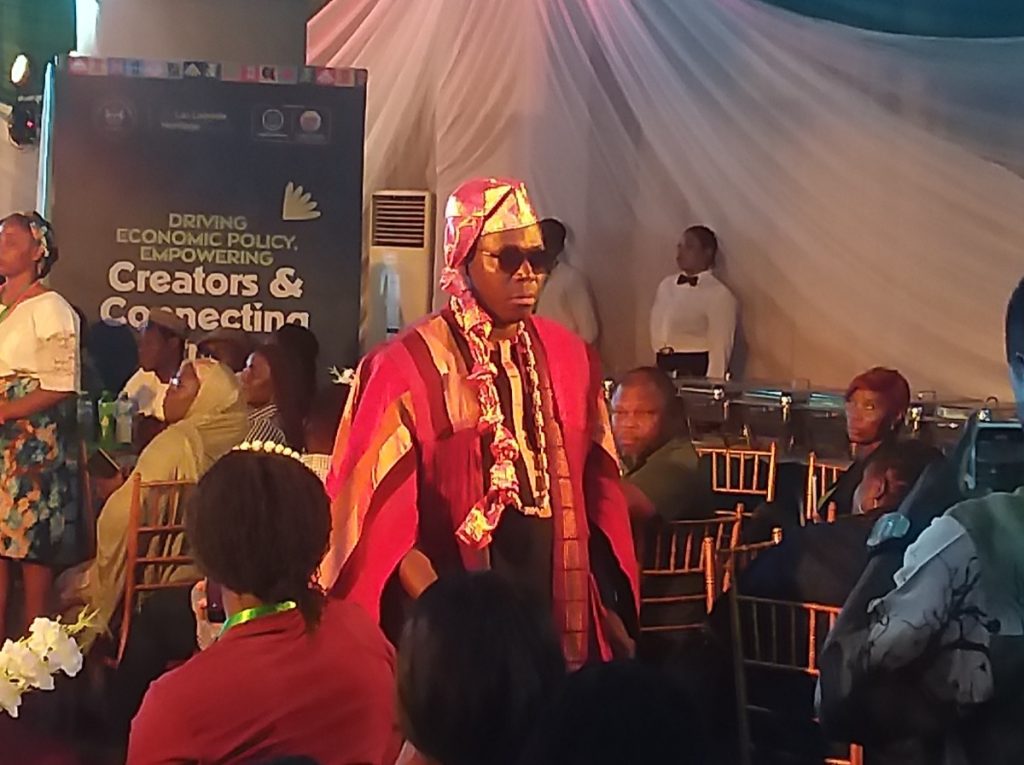
The Press Conference, Unveiling and signing of the MoU was attended by representatives from China, Botswana, Uganda, India, Korea, Tunisia, Liberia and Burkina Faso.
Also in attendance were other stakeholders as well as management staff of the Ministry of Art, Culture, Tourism and Creative Economy and the Lai Labode Heritage Foundation.

